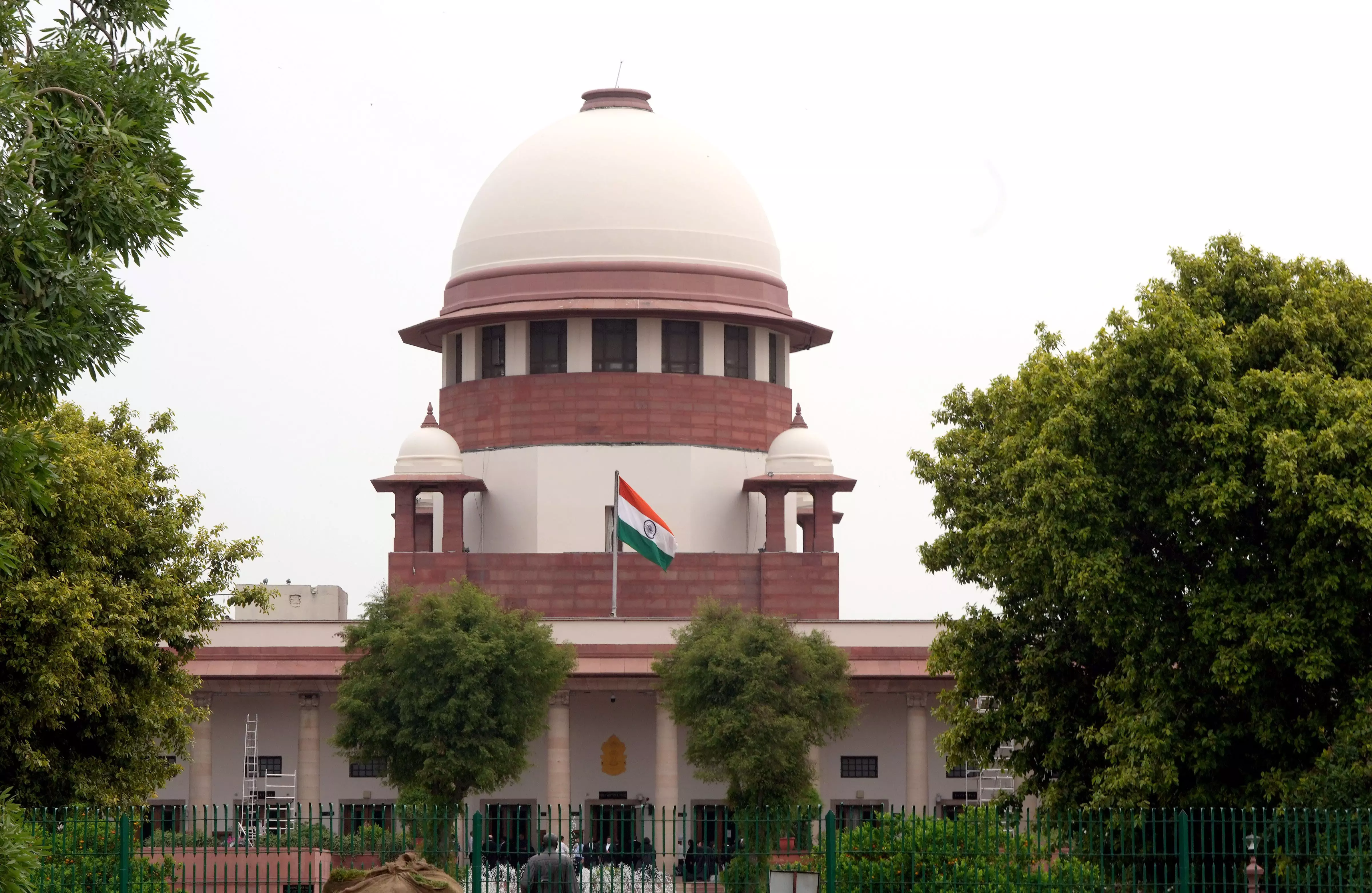Supreme Court Critiques Judicial Overreach in Arbitration

The Supreme Court of India has delivered a significant critique of the judiciary's expanding role in arbitration, highlighting how “overbearing intellectualisation” by courts has become a major issue, undermining the efficacy of Indian arbitration. This comment came during a case that involved the intersection of the Arbitration and Conciliation Act (ACA), 1996, and the Limitation Act. The Court raised concerns about how a strict interpretation of the legal provisions governing arbitration had been hindering the right of parties to challenge arbitral awards.
The case at hand revolved around a dispute in which the appellants were granted an arbitral award on February 14, 2022. However, the parties faced challenges in appealing the award due to the provisions of the Limitation Act, which stipulated a tight deadline for filing appeals. The appellants argued that the strict deadlines under the Limitation Act, when applied to arbitration, curtailed their right to access justice, particularly when the arbitration process was delayed or the award was rendered under ambiguous or incomplete circumstances.
In its judgment, the Supreme Court pointed out the issues arising from a judicial overreach in arbitration matters. The Court emphasized that arbitration, as a mechanism for resolving disputes, should ideally be more efficient, less formal, and quicker than traditional litigation. However, the Court found that excessive judicial intervention often leads to delays and procedural complications, frustrating the very purpose of arbitration.
The Court further urged the Parliament to intervene and amend the current legal framework to address these concerns. It acknowledged the need for a balanced approach that protects the right of parties to challenge arbitral awards but also recognizes the importance of finality in arbitration proceedings. The Court expressed the hope that Parliament would take necessary steps to ensure that the arbitration process remains efficient and accessible, without unnecessary interference from the judiciary.
This judgment comes at a time when there has been growing concern about the increasing intervention of courts in arbitration proceedings, which many argue undermines the efficiency and credibility of arbitration as an alternative dispute resolution mechanism. The Supreme Court's comments have ignited a debate about the role of courts in arbitration and whether the current legal framework needs to be reformed to better align with the goal of expediting dispute resolution in India.

